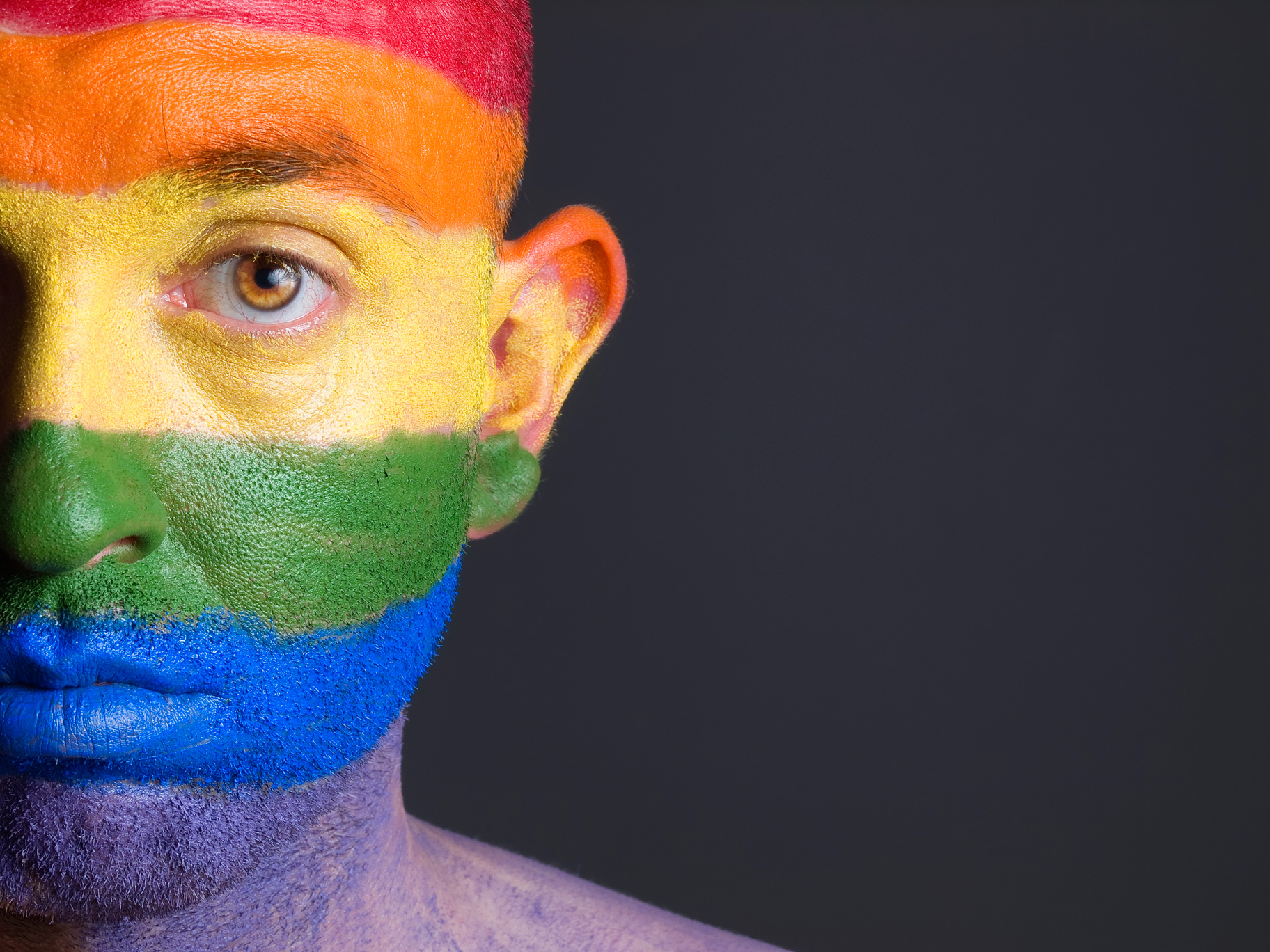
February 14, 2014, by Tara de Cozar
Valentine’s Day reality check — questioning true love and monogomy
It’s LGBT History Month at the moment. The LGBT Staff Network have organised various events to celebrate — including film screenings and an exhibition ‘Queer Sounds: the importance of music in LGBT history’.
Dr Max Biddulph is network chair, and he’ll be giving an LGBT History Month public lecture on the 28th. Here he gives some information on Eric Rofes — celebrated queer activist and educator, and subject of his forthcoming talk.
A reality check for Valentine’s Day! Questioning ‘true love’, monogamy and normative relationships that last for ever!
Forthcoming is ‘Queer in the Academy’, a lunchtime lecture I’ll be giving in the School of Education, on the final day of UK LGBT Month 2014. The focus is the work of the late Eric Rofes, the renowned Amercian queer activist and educator who pushed the boundaries of ‘queer curricula’ and continually questioned the mechanisms at work in the world of education or ‘the academy’, that enable and/or disable expressions of queerness. In 2005, Rofes (2005:119) issued a call for a more radical, integrated queer teacher presence in school classrooms and other educational spaces. In reviewing his experience of revealing/utilising his gay-queer identity in conjunction with his educator role, he observes that:
“All too often, as we’ve made these efforts, we’ve made compromises and sacrifices that have gone unspoken and unacknowledged. We’ve gained limited entry into the classroom by denying authentic differences between many gay men’s relationships to gender roles, sexual cultures and kinship arrangements compared to those of the heteronormative hegemony.” (Rofes 2005:119)
Since that time, in addition to heteronormativty, the concept of ‘homonormativty’ has evolved, gaining recognition through debates such as gay marriage and high profile, celebrity same sex relationships. Although Rofes would probably say he had met the ‘love of his life’ in the guise of his long-time partner, his day to day experience of gender and sexual relations was not that simple or normative. Whilst he was comfortable in sharing these aspects with his peers, he questioned why he edited out this ‘queerness’ in classroom settings? His reflection and analysis lead to the conclusion that he felt ‘bound and gagged’…but by what exactly?
This question provides the springboard in the lecture into an investigation of the spaces of the academy and their relationship with identities and social capital. A key question as far as ‘queer’ is concerned, are the conditions and criteria that determine absences and presences? For educators and researchers, I would argue that this constitutes a very pertinent, contemporary question.
Rofes, E. 2005. A Radical Rethinking of Sexuality and Schooling. Status Quo or Status Queer? Oxford: Rowman and Littlefield
Want to find out more? Then go to Max’s lecture on the 28th, over on Jubilee Campus. Staff can book here, students and those who don’t work or study at the University can email the LGBT Staff Network to book their place.
No comments yet, fill out a comment to be the first

Leave a Reply